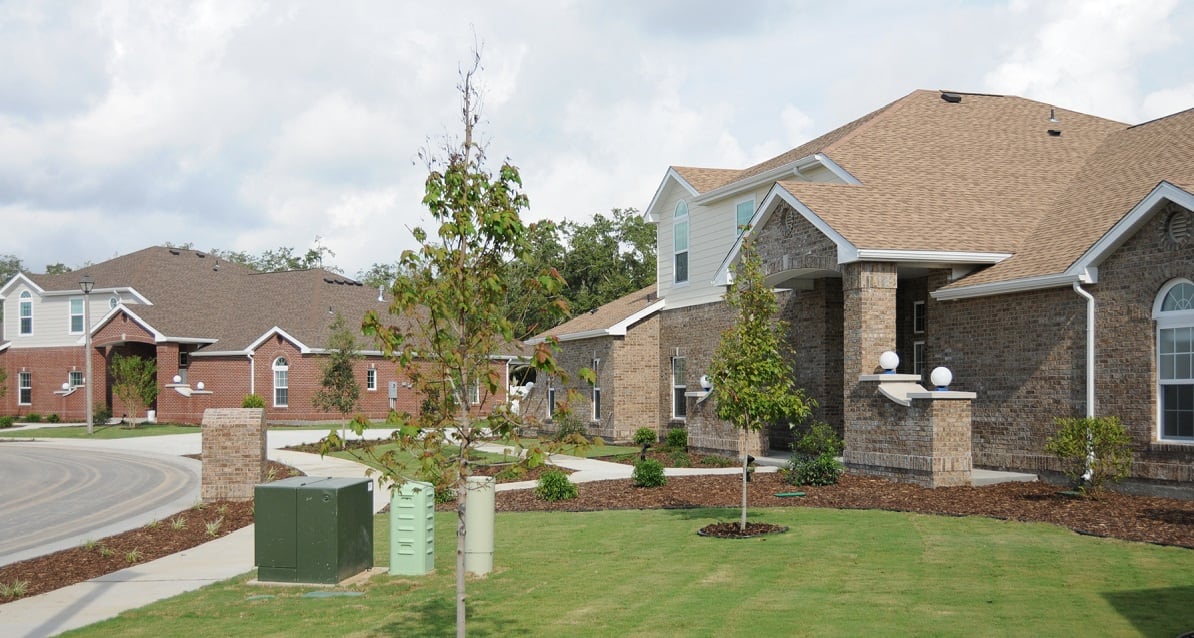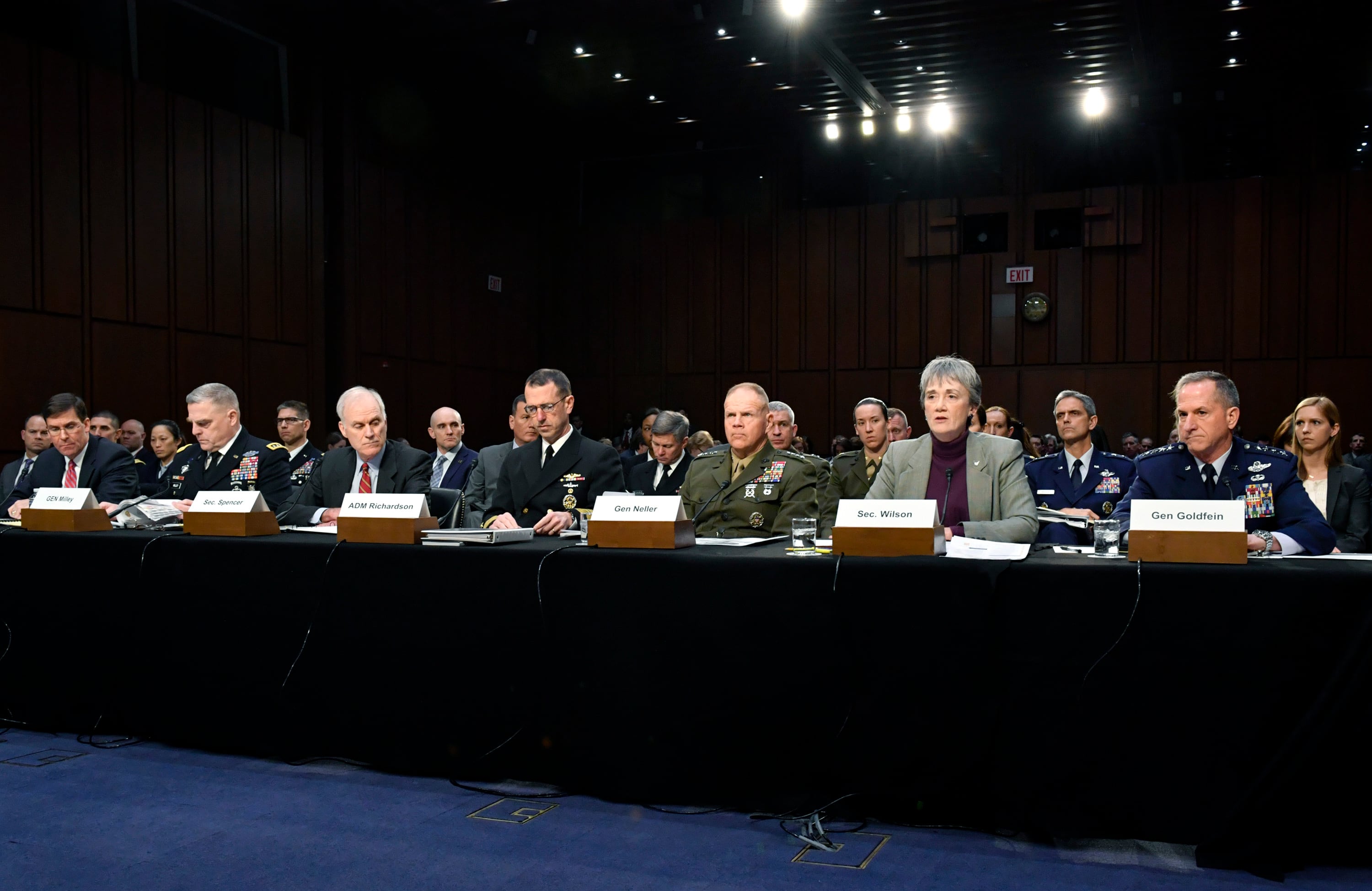Editor’s note: This op-ed was published by Air Force Times in 2007. We are reposting it because it is distinctly relevant to the current news about privatized military housing.
Is housing privatization the unqualified savior some seem to think? It is tempting to say so because it has produced new or refurbished housing at certain bases.
Yet at Moody Air Force Base, Georgia; Hanscom Air Force Base, Massachusetts; Patrick Air Force Base, Florida; and Little Rock Air Force Base, Arkansas, privatization is foundering. Perhaps more important, however, privatized housing may present a long-term risk to the Air Force way of life. The challenges are quite real, and we need to face them directly.
A hard truth: Huge corporate developers, driven by profit, dominate privatization deals. That free-enterprise philosophy is fine for civilian businesses, but not so fine for building a military ethic that serves interests other than the corporate bottom line.
RELATED

Privatization can transform a focused military community with a distinct culture and a unique mission into an enterprise largely governed by commercial interests and values. Command has limited control over the developers’ activities. Among other things, developers can fill houses with renters who have no military connection — which has happened at several bases.
Furthermore, the leases require providing the developer’s employees all kinds of personal information that, if it falls into the wrong hands, can be hazardous for all families and especially those with members deployed.
Privatization originated in the rather cynical, pre-9/11 belief that the American public would not pay for decent housing for its military families. It hands over to private contractors hundreds of millions of dollars’ worth of taxpayer-funded housing for little more than promises to provide what the developer imagines is a suitable military housing environment.
To the contractor, these arrangements are primarily about the dollars. It is not about building a fighting force or even, it seems, the well-being of Air Force families.
RELATED

Is privatization a financial panacea? Don’t count on it. Privatization erodes the security, exclusiveness and distinctiveness of Air Force bases — features that help the service avoid the recruiting and retention costs that bedevil the other services.
More troubling are questions as to how privatization is supposed to generate both profits for the developer and savings for the Air Force. Does it involve transferring expenses previously borne by the government to the backs of airmen? Quite possibly.
Energy bills are Exhibit 1. Yes, some will scrimp and “make money” on rebates. Consider, however, the impact on the most vulnerable part of our population: young airmen with large families who cannot, for example, turn the heat down as others might. And privatization can impose deposit expenses and other costs.
Privatization also carries the potential to aggravate the “occupationalist” and mercenary mind-set that demilitarizes our Air Force to its great detriment. It inevitably encourages people to interpret Air Force life as a business transaction, and pushes them to make cost-benefit decisions based on self-interest. We do not want to instill this kind of attitude, if for no other reason than cost-benefit thinking is never going to favor a military organization where the member is obliged, if necessary, to pay the ultimate price.
RELATED

We need to build altruism, not self-referentialism. The complex process of crafting an environment that helps human beings sustain the stresses and sacrifices of military service demands building a martial culture, not a corporate one. Assuming that creating a military community is nothing more than a business deal about rental property grossly underestimates the intangibles needed to support war-fighting professionals and their families.
True, privatization is a done deal in many locations, so we just have to make it as successful as we can. Accordingly, senior leaders can justifiably explain how privatization can work, note such successes as have occurred and speak about the hopes for the future.
At the same time airmen need to understand privatization’s shortcomings. We must not allow it to undermine the military’s ethos, and we should carefully consider if further privatization best serves our Air Force.
Maj. Gen. Charles J. Dunlap Jr. retired in June 2010 as the Air Force’s deputy judge advocate general. In July 2010 he joined the faculty at Duke University School of Law, where he also serves as executive director of Duke Law’s Center on Law, Ethics and National Security.
